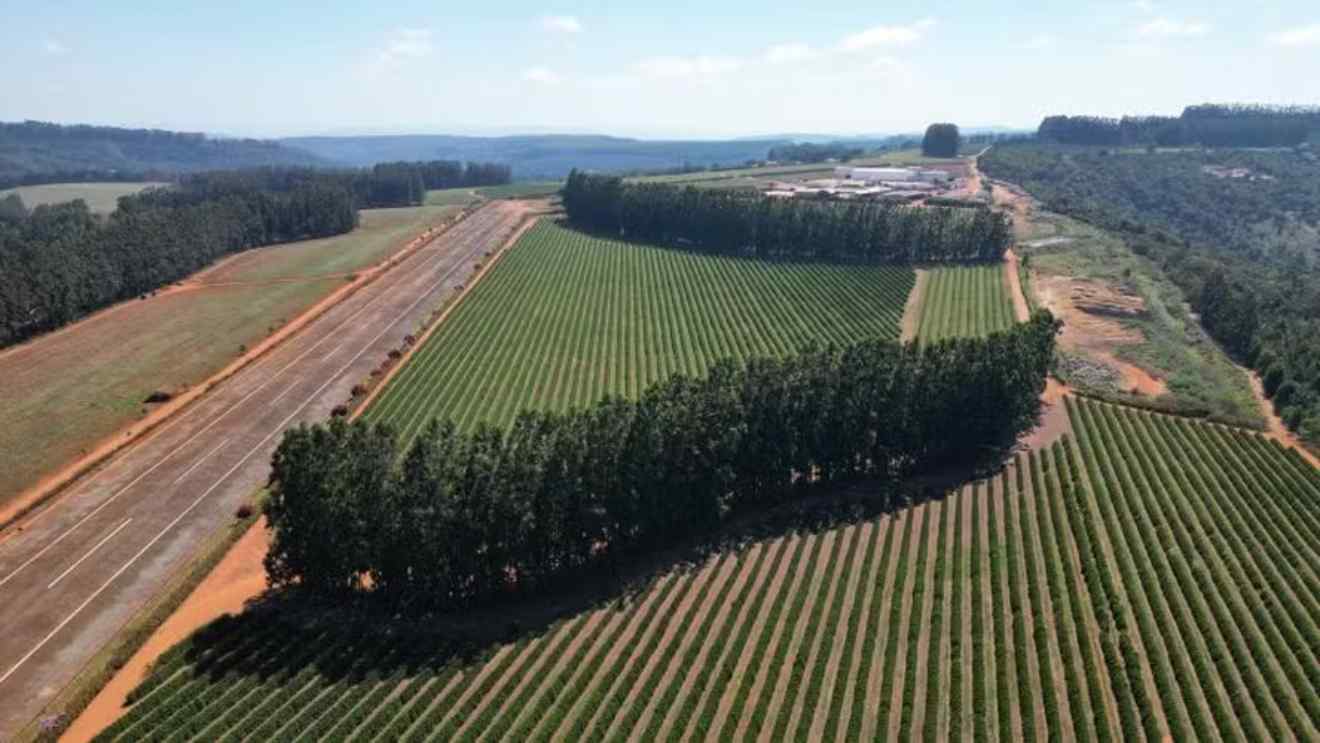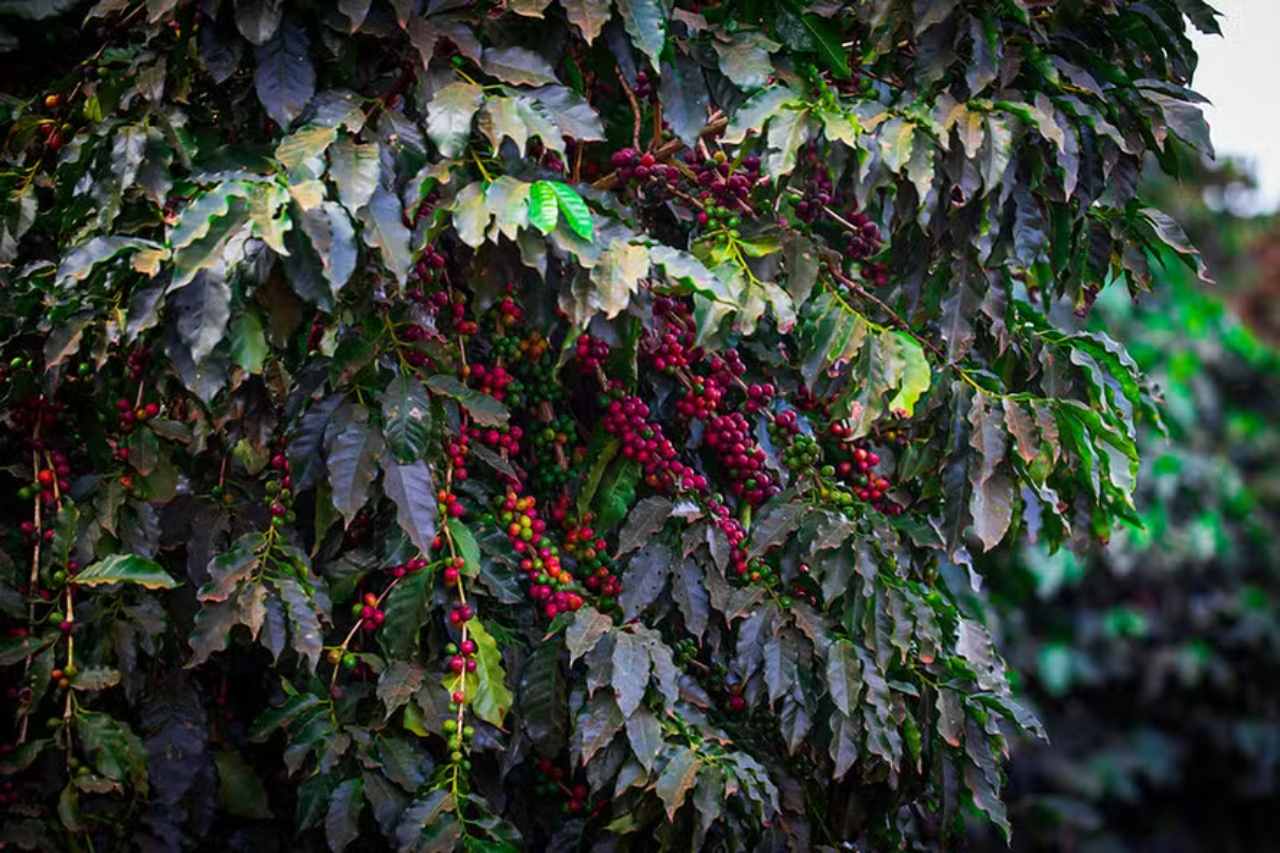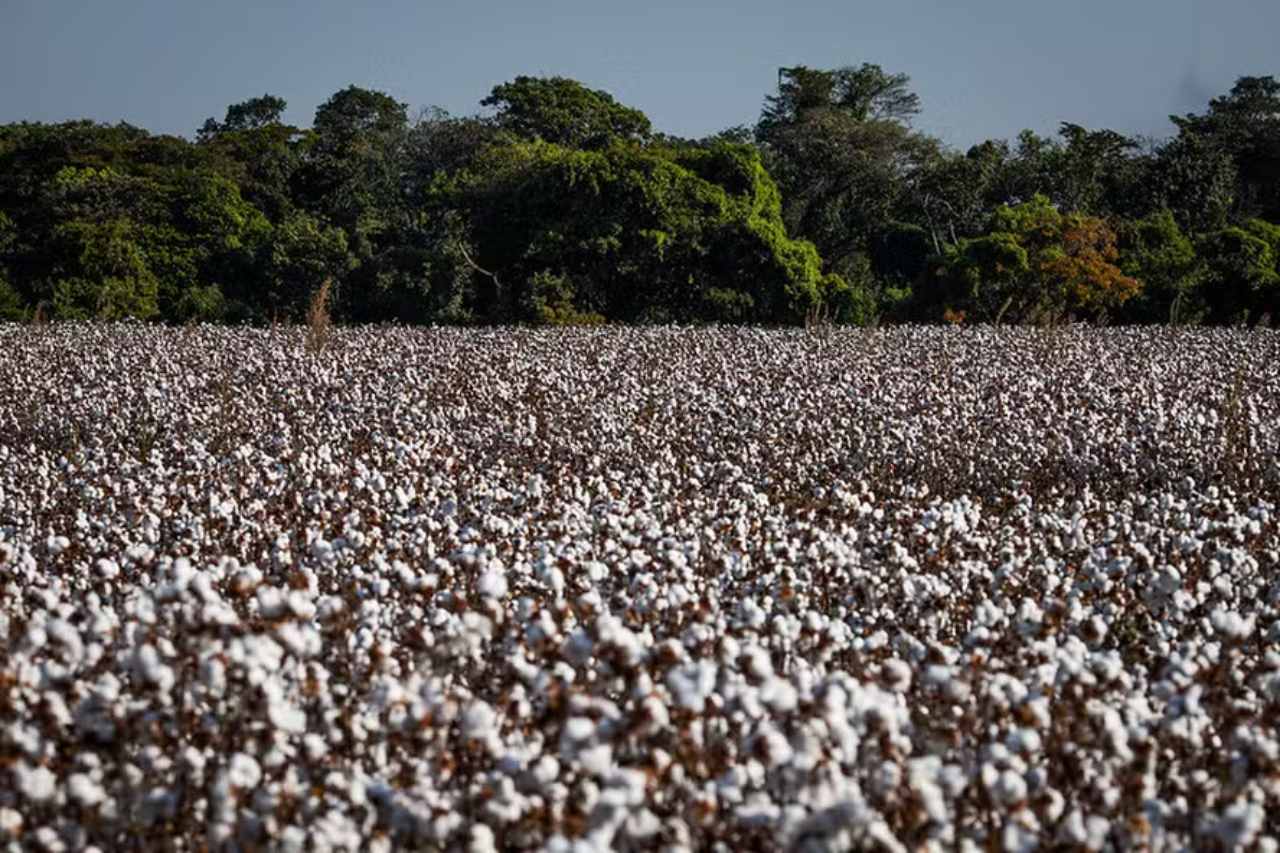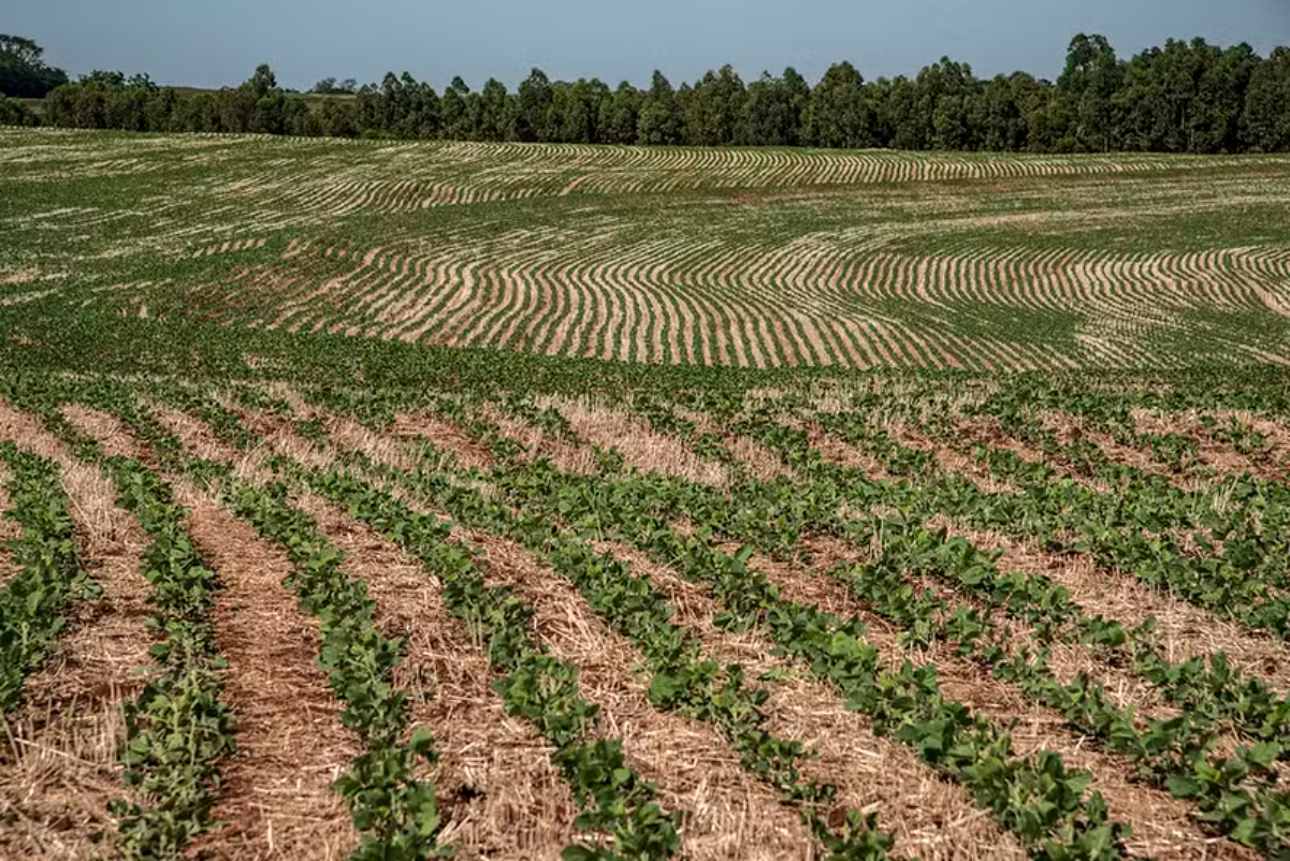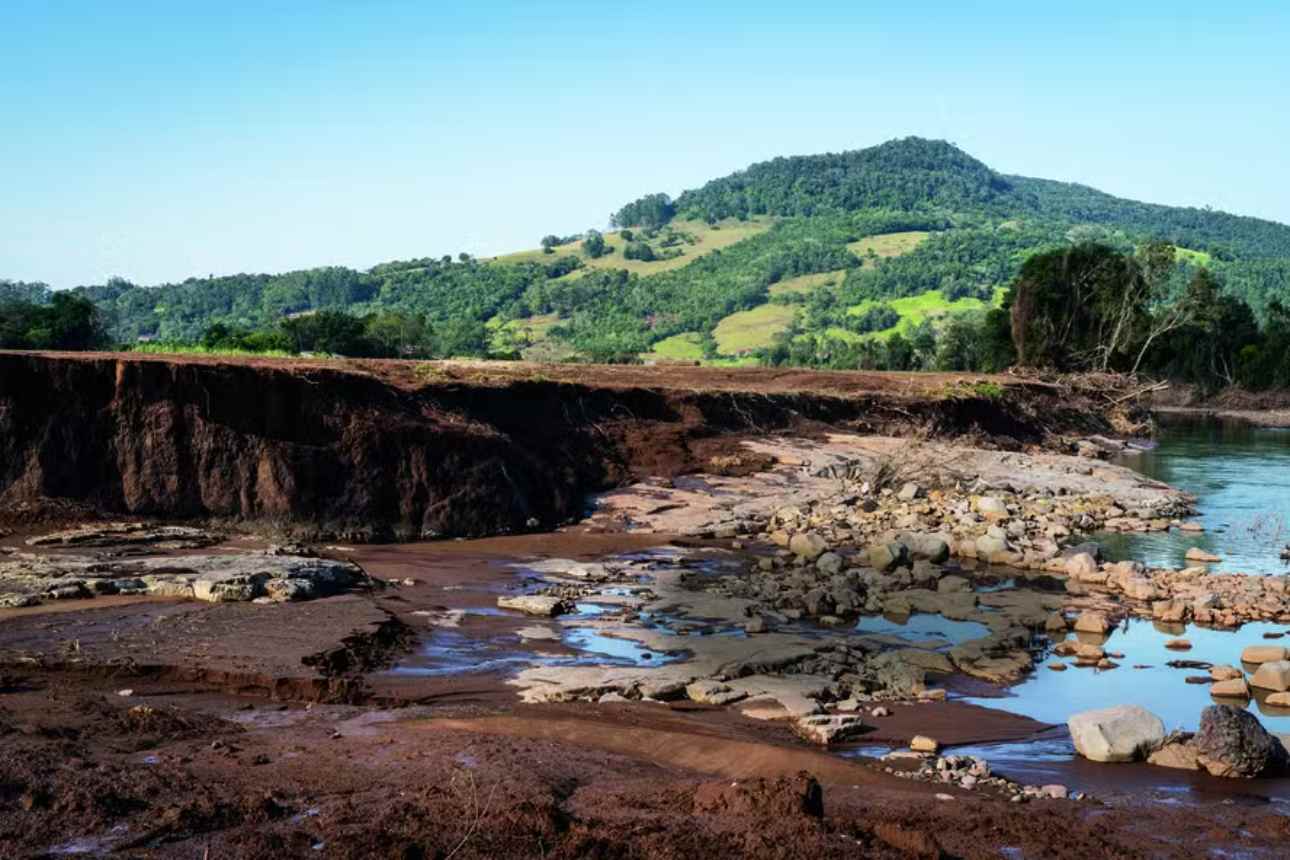The potiguar brothers Pedro, Paulo, and Vicente Lima, owners of the coffee company 3 Corações of Brazil, made a significant investment of R$ 14 million in Fazenda Sequóia, located in Angelândia, in the Chapada de Minas region. Since acquiring the farm in 2015, it has distinguished itself in the production of specialty coffees, a legacy that began in 1975 when coffee cultivation started to develop in the Vale do Jequitinhonha.
Fazenda Sequóia spans 3,906 hectares, positioned between the Cerrado and Atlantic Forest biomes at an altitude of 1,200 meters. Currently, 750 hectares are dedicated to coffee cultivation, with an irrigation system covering 616 hectares, alongside areas for cereals and forests of eucalyptus and mahogany. The property also boasts extensive areas for legal reserves and environmental recovery.
To optimize the post-harvest system and address the labor shortages in the region, the family holding implemented modern machinery for indoor coffee processing. This includes automated equipment like an imported coffee huller and 18 dryers, increasing production efficiency, which currently employs 115 workers and 80 seasonal harvesters.
At Sequóia, 13 varieties of Arabica are cultivated, including a new cultivar called “amarelão,” set to be launched at the International Coffee Week in Belo Horizonte. This variety, which has already won awards in competitions, is considered a promising addition to the quality of coffee produced on the farm.
The coffees from Sequóia have an international market, being exported to countries like Belgium and Poland. The current harvest is estimated at 14,000 bags, with about 10% of the beans classified as specialty, scoring above 80 on the coffee grading scale.
With a 95% mechanized operation, the farm stands out for its high efficiency, although manual harvesting is still necessary for younger coffee plantations. The processed beans are then stored and marketed 800 kilometers away in Varginha.
In addition to coffee cultivation, the farm plans to diversify its production with the planting of 300 hectares of robusta amazônico coffee and 2 hectares of grapes, aiming to establish a winery in the future. The farm manager, Rodrigo Crimaldo Mendes, emphasizes the commitment to environmental, social, and economic sustainability, ensuring no expansion of planting areas.

